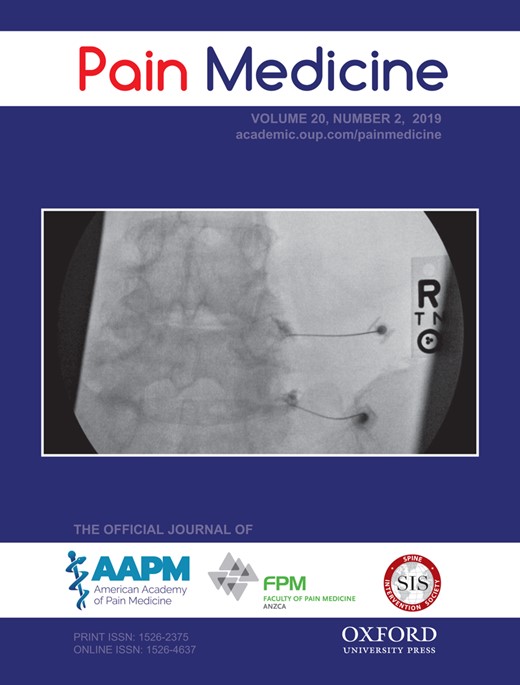- Joined
- Aug 25, 2008
- Messages
- 158
- Reaction score
- 42
Hello,
I can't seem to find a good guidelines(likely cause there is not one out there) on how to handle the following situation as they have come up a few times in my practice and always seem to be confusing so wanted to know what others are doing? Most things say ask the cardiologist but our local cardiologists often just write clear for procedure.
1. Patient with ICD/PPM comes in for a SCS trial.
A. Are you turning the ICD off and placing them into VOO for the whole trial?
B. Are you doing the SCS with a cardiac device rep in the room to monitor and see if the SCS is interfering with it and if not proceed as normal if it is interfering defer to cardiology?
C. Are you just proceeding as normal.
2. Patient with ICD/PPM for cervical RFA (Lumbar is usually far enough away)
Again are you turning of the ICD and placing them into VOO for the procedure or proceeding as normal? Where are you placing the grounding pad?
Thanks again in advance for the help.
I can't seem to find a good guidelines(likely cause there is not one out there) on how to handle the following situation as they have come up a few times in my practice and always seem to be confusing so wanted to know what others are doing? Most things say ask the cardiologist but our local cardiologists often just write clear for procedure.
1. Patient with ICD/PPM comes in for a SCS trial.
A. Are you turning the ICD off and placing them into VOO for the whole trial?
B. Are you doing the SCS with a cardiac device rep in the room to monitor and see if the SCS is interfering with it and if not proceed as normal if it is interfering defer to cardiology?
C. Are you just proceeding as normal.
2. Patient with ICD/PPM for cervical RFA (Lumbar is usually far enough away)
Again are you turning of the ICD and placing them into VOO for the procedure or proceeding as normal? Where are you placing the grounding pad?
Thanks again in advance for the help.

